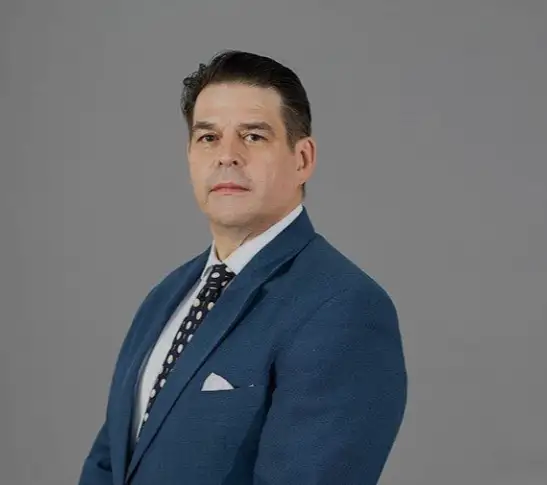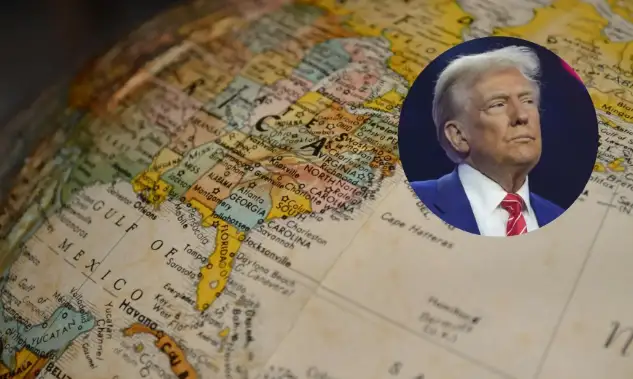US Officials Need to Walk the Talk on Rule of Law
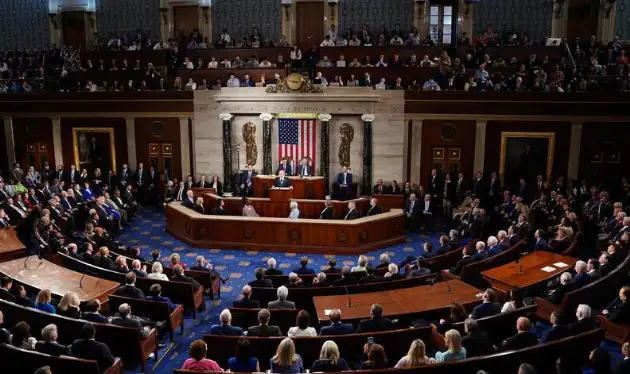
In recent years, US foreign policy has been marked by a sanctions regime arbitrarily directed at countries and governments, as well as specific industries, entities, and individuals. This misuse is harming US relations and compels a step back.
According to international-relations scholar Stephen Krasner, “International regimes are defined as principles, norms, rules, and decision-making procedures around which actor expectations converge in a given issue area.”
Under the State Department (DOS), the Office of Economic Sanctions Policy and Implementation is responsible for developing and implementing sanctions to counter national security threats. The Treasury Department’s Office of Foreign Assets Control (OFAC) administers programs for an array of different sanctions, be they comprehensive or selective. Comprehensive sanctions prohibit commercial activity with a country, while selective sanctions block transactions by and with particular businesses, groups, or individuals.
The US sanctions regime is overused and abused. Jonathan Masters of the Council on Foreign Relations (CFR) explains: “For many policymakers, economic sanctions have become the tool of choice to respond to major geopolitical challenges such as terrorism and conflict.” Daniel Drezner of the Tufts University Fletcher School affirms that sanctions have emerged as the “tool of first resort” in US foreign policy:
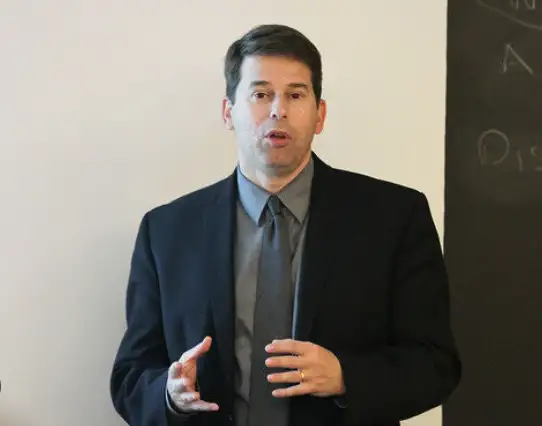
Daniel Drezner of the Tufts University Fletcher School
“There is a long history of the United States using economic incentives and penalties to change another country’s behavior and to further American foreign policy goals. The use of one type of penalty, economic sanctions, has surged in recent decades, increasing over nine-fold between 2000 and 2021.”
According to a Global Sanctions Guide, the targets of US sanctions include “terrorists, international narcotics traffickers, those engaged in activities related to the proliferation of weapons of mass destruction, human rights abuses, and other threats to US national security, its foreign policy, or its economy.”
Unfortunately, US sanctions are not limited to persons who pose serious threats to US interests. In reality, little control is exercised over the DOS officials that implement sanctions. Even the United Nations has reported on the due process violations inherent to the US sanctions regime.
The Central American country of Guatemala is a paradigm case regarding DOS sanctions. The United States-Northern Triangle Enhanced Engagement Act (USNTEEA), under its Section 353(b), requires the submission of a DOS report identifying “foreign persons” in El Salvador, Guatemala, Honduras, and Nicaragua who have undermined democratic processes or institutions, advanced significant corruption, or obstructed corruption investigations. For practical intents and purposes, this decision is made entirely by DOS officials.
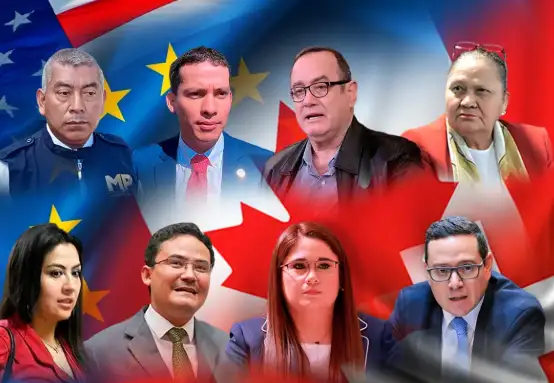
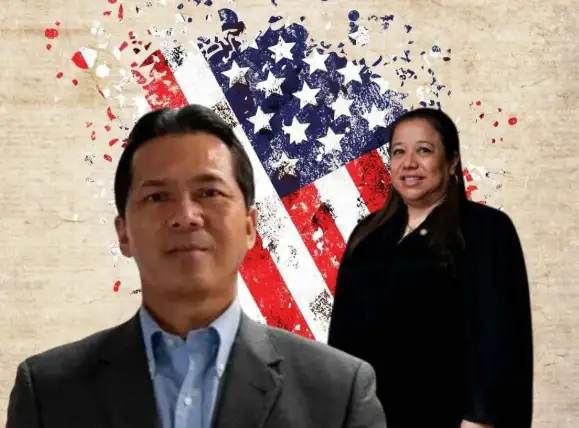
Numerous persons in Guatemala have been sanctioned in an attempt to publicly “name and shame” them for running afoul of DOS, although not necessarily US law. The list includes lawyers and prosecutors sanctioned for bringing legal cases before competent courts on matters that DOS arbitrarily deems corrupt and/or undemocratic (2021, 2022, 2023).
DOS provides no working definitions of corrupt and undemocratic acts. This denies due process to the “foreign persons” (Guatemalans) placed on a list that DOS bureaucrats use to deny said persons trade, travel, and tourism benefits with the United States. The rights denied to the list of foreign persons are the most basic civil rights protections enshrined in the US Constitution.
DOS promotes conceptions of the rule of law that clearly violate US constitutional principles, especially among US allies. This undermines US moral authority on the rule of law. After all, adversaries of the US pay no heed to DOS officials’ blather about the rule of law.
This is no small matter. In the near future, Guatemala will be pivotal to US foreign policy, especially under the incoming Trump administration. Senator Mike Lee (R-UT) has gone so far as to propose a US military base in Guatemala, after the socialist president of Honduras, Xiomara Castro, announced her plans to resist Donald Trump’s plans to enforce US immigration laws. The left-wing Castro government in Honduras is also highly corrupt.

Senator Mike Lee (R-UT)
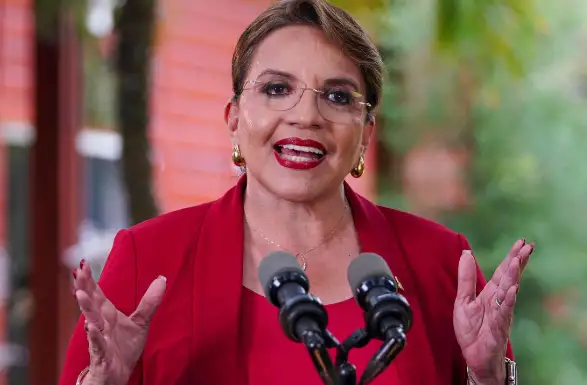
President of Honduras, Xiomara Castro
Guatemala, in particular, is poised to become more important than ever for US foreign policy. China has already displaced the United States as a trading partner in South America, and the United States has few allies in Central America. Wisely, incoming Secretary of State Marco Rubio has evoked a special interest in Guatemala, in recognition of the country’s alignment with US foreign policy on a global scale. Rubio has been vocal on the importance of US bilateral relations with Guatemala, lauding Guatemala as a leader among the few countries that still recognize Taiwan, which is important for the United States.
Rubio has also been critical of the DOS attacks against Guatemala’s current attorney general, Consuelo Porras, an AG put into office under conservative Guatemalan governments. Porras recently held a meeting with Tom Homan, Trump’s designated border czar on issues of mutual interest, like illegal immigration and the trafficking of minors and drugs. Porras is the first high-level official in Latin America to have done so, signaling that important actors in Guatemala are eager to work with the incoming Trump administration.
Under the second Trump administration, the practices of pressuring and sanctioning important allies in countries like Guatemala could, and should, end. This would be a welcome change and to the benefit of US foreign-policy interests.
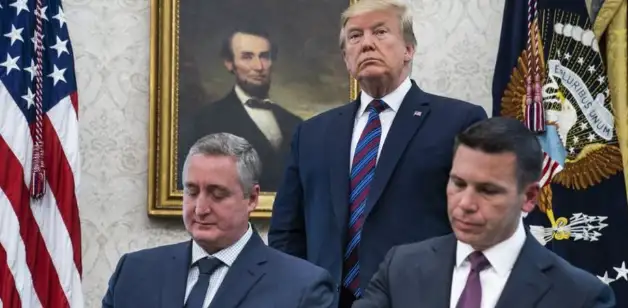
The opinion of this article is foreign to Noticiero El Vigilante
